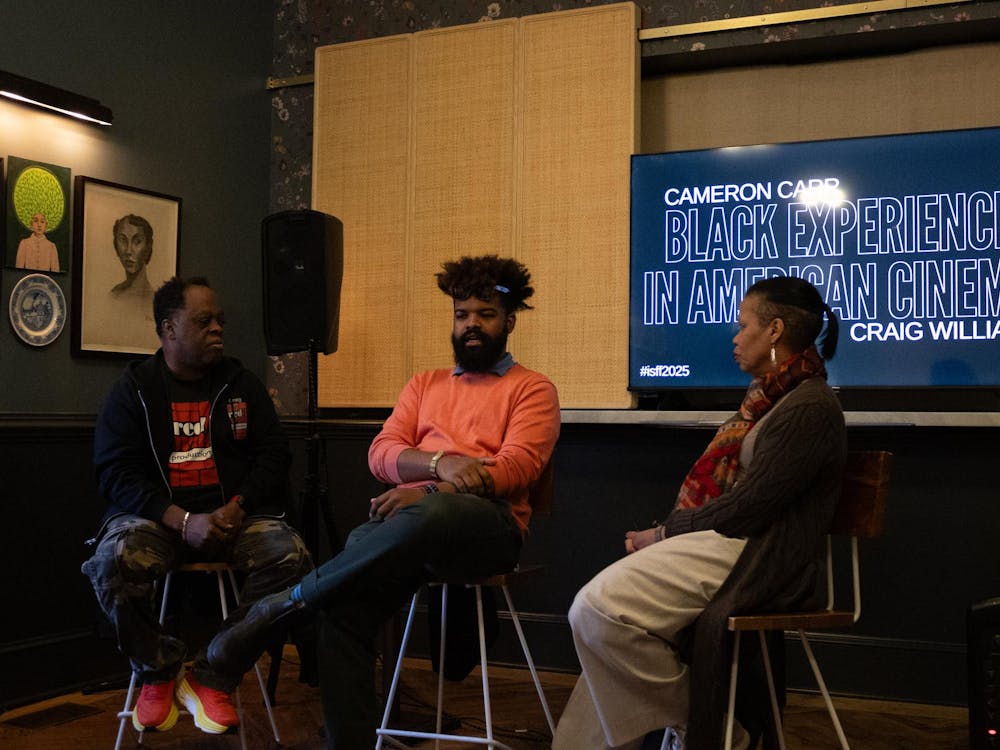Kim Jong-Il. A name that induces fear in some, hatred in others, and yet, the highest reverence in many. Most outsiders strongly criticize and oppose the humanitarian abuses and dictatorship in North Korea, often without clear understanding of the true terrors and shocking realities of the isolated nation.
Last Friday, a group called Liberty in North Korea visited the University in hopes of educating the community about the state of affairs in the Asian nation. The Sundance-premiered documentary “Kimjongilia” was a poignant educational resource.
“Kimjongilia” is a flower created for the Kim Jong-Il’s 46th birthday that, ironically, represents love, peace, wisdom and justice. The documentary film of the same name, however, succeeds in contradicting the idea that Kim Jong-Il is a righteous and admirable leader by focusing on the horrid and inhumane prison camps in North Korea today.
The emotionally intense documentary uses firsthand interviews of North Korean prison escapees to discuss everything from forced labor to the Great Famine of 1994 to a less-than-ideal life for refugees in China.
Kang Chol-Hwan tells how “The Count of Monte Cristo” inspired him to escape from a prison he was being held in for a crime his grandfather committed, while Lee Shin — opting not to show her face — recounts living as a sex slave in China for five years once escaping North Korea. The refugees seem to have, justifiably, strong, passionate abhorrence for the man who once brainwashed them into believing he was the supreme leader of the world. But they still feel connected to their home country, wishing to help rescue the estimated 24 million people now living under Kim Jong-Il’s son, Kim Jong-Un.
It is hard to criticize art with such an important message and a valiant goal. But, it was equally hard to overlook some stylistic missteps that held back the film’s potential. The director N.C. Heikin’s choice to juxtapose heart-wrenching interviews with clips of female interpretative dancers was unnecessary at best, as it distracted from the power of the interviews by transforming direct and unadulterated emotion into some ambiguous and theoretical idea.






